- Be Skilled, Be Employed !
- Since 2005
- Call: 061 587915581615
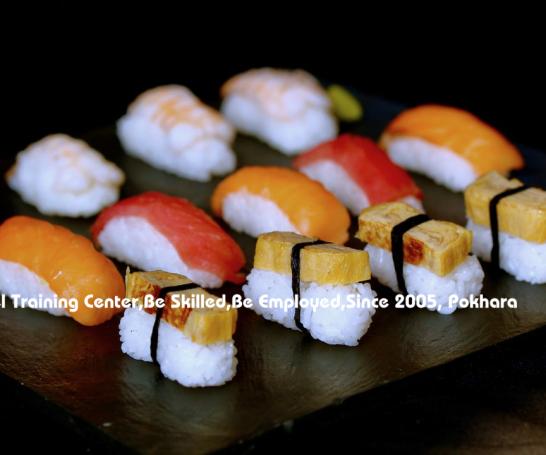
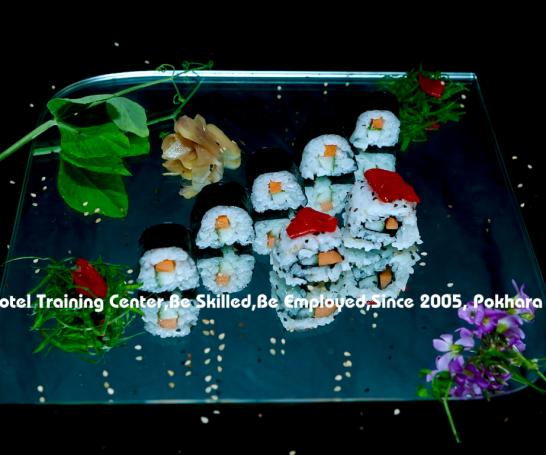
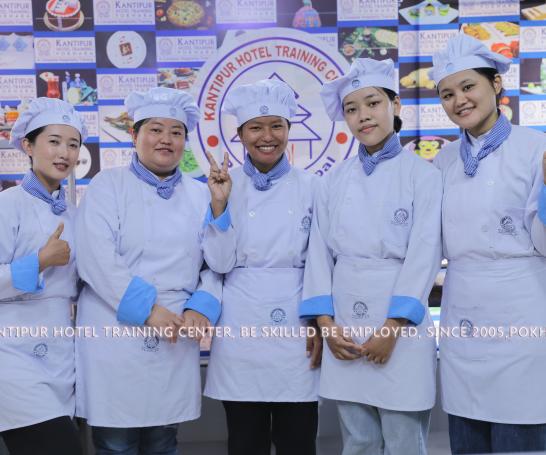
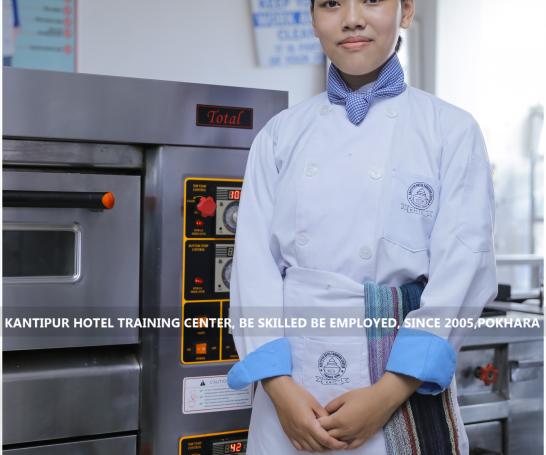
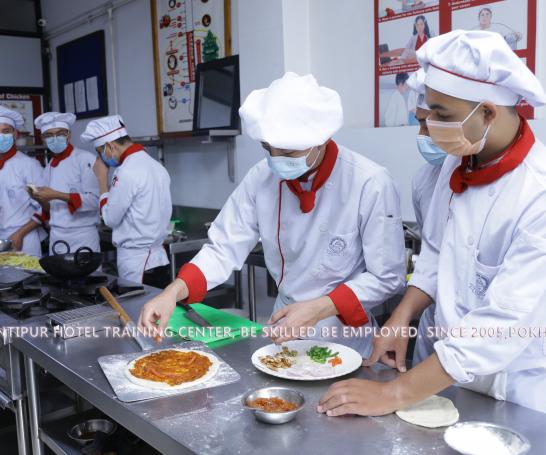
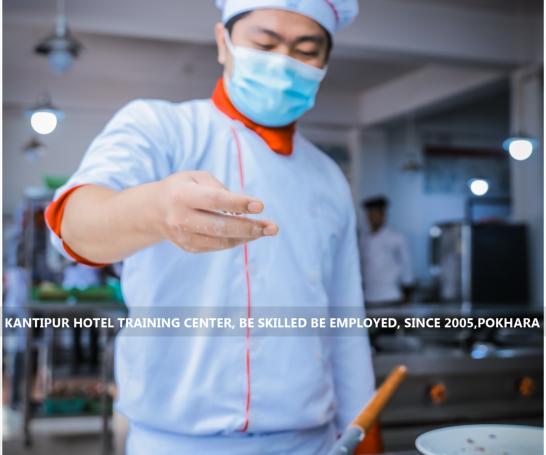
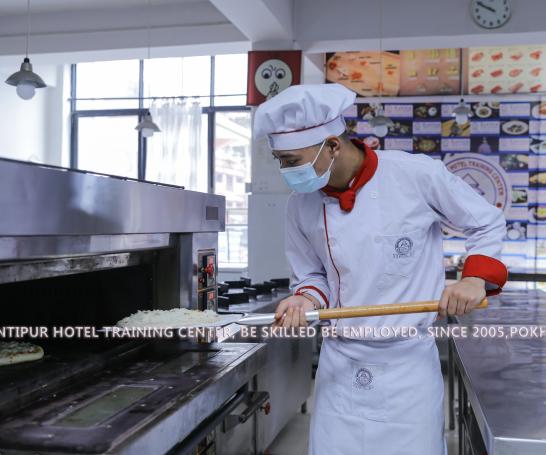
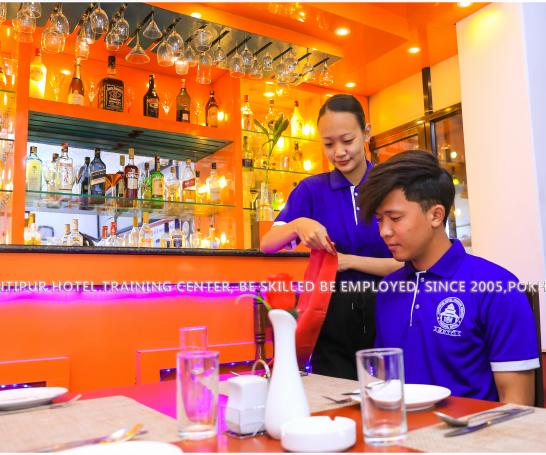
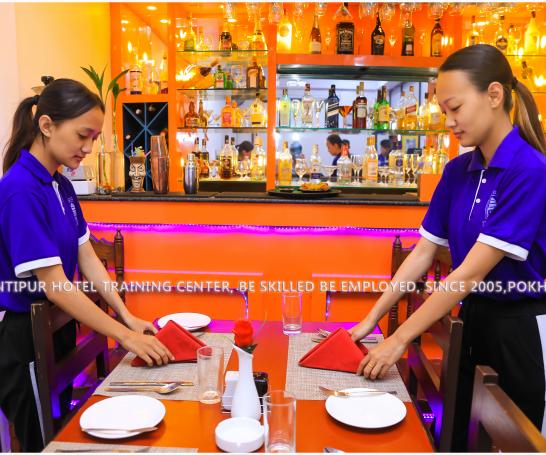
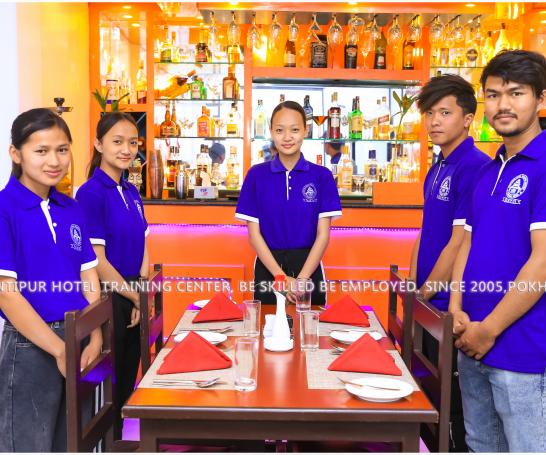
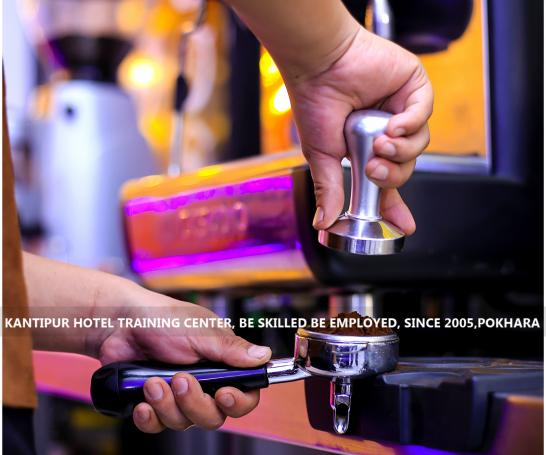
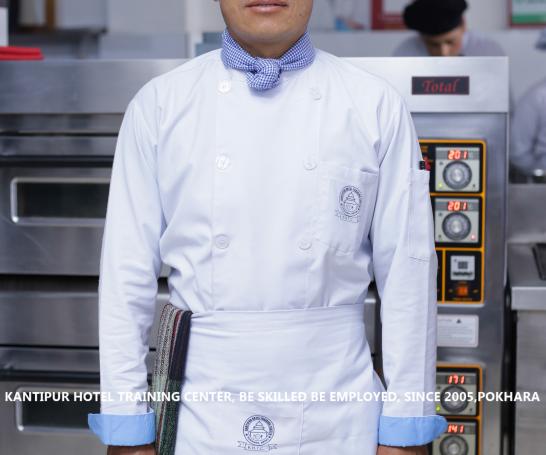
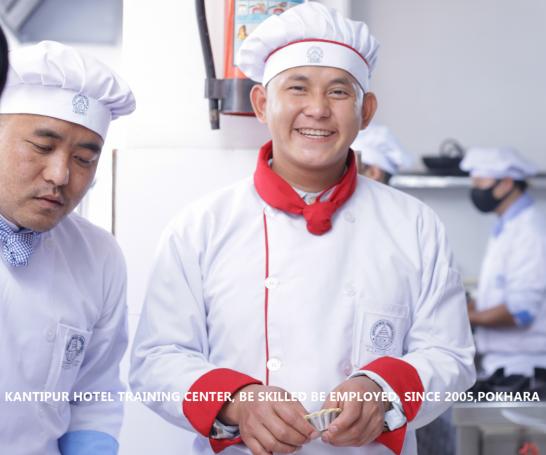
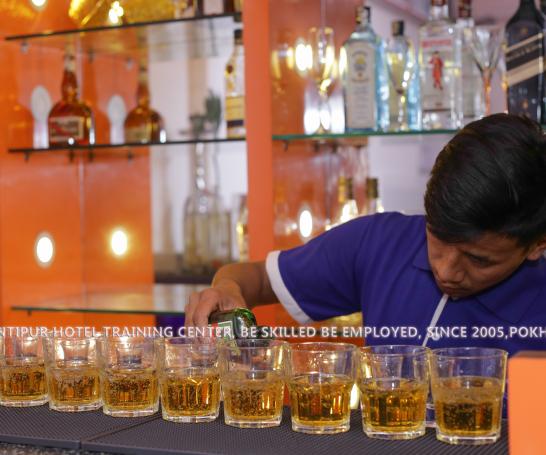
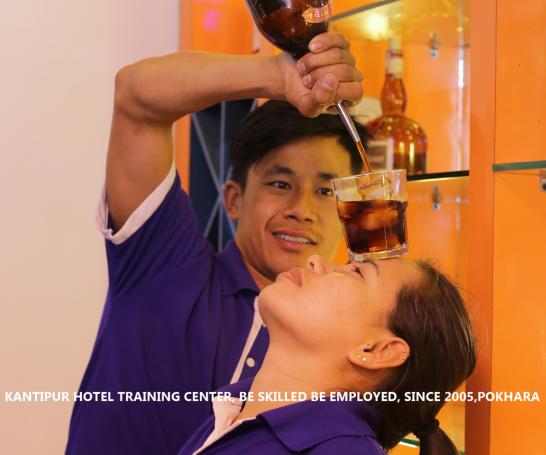
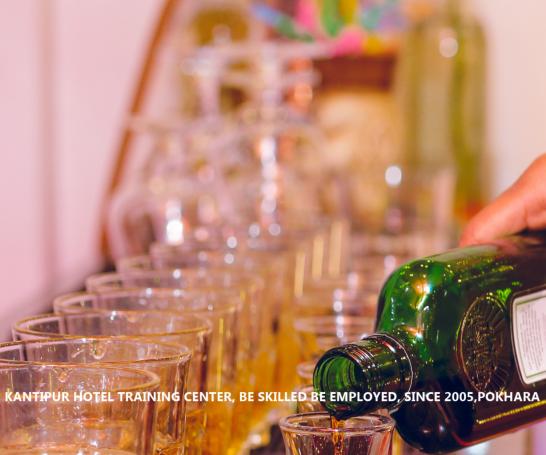
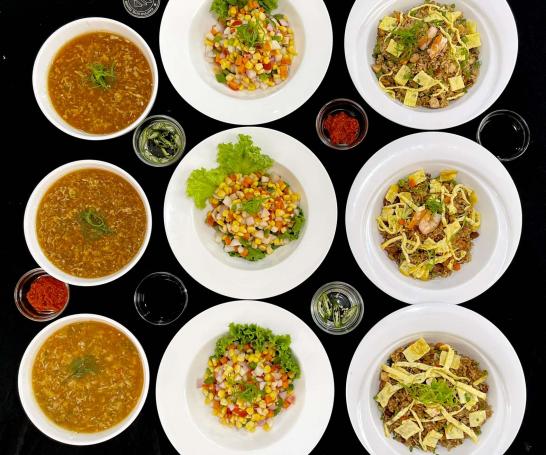
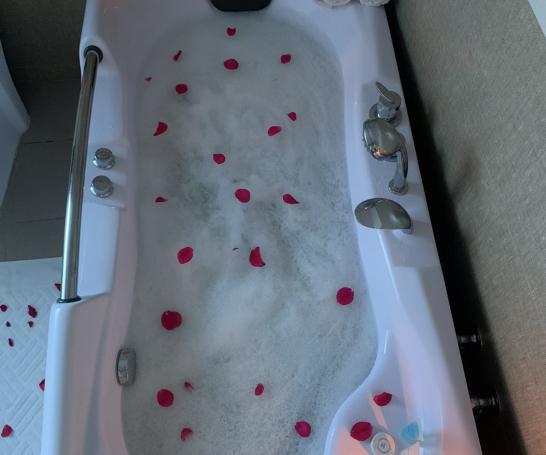
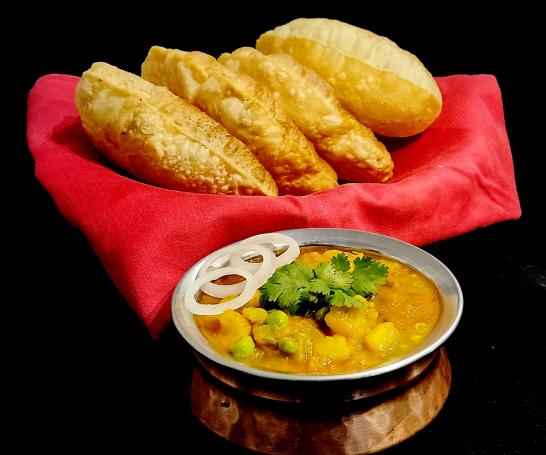
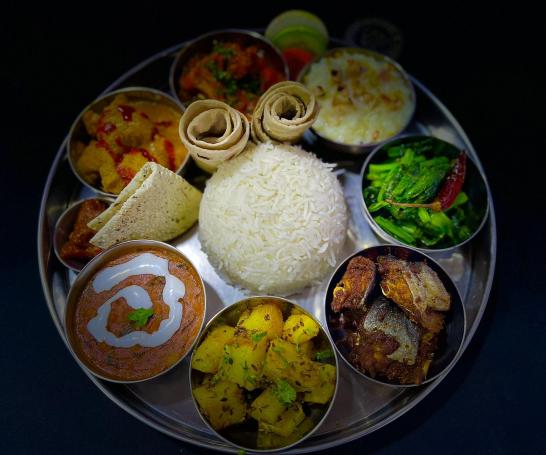

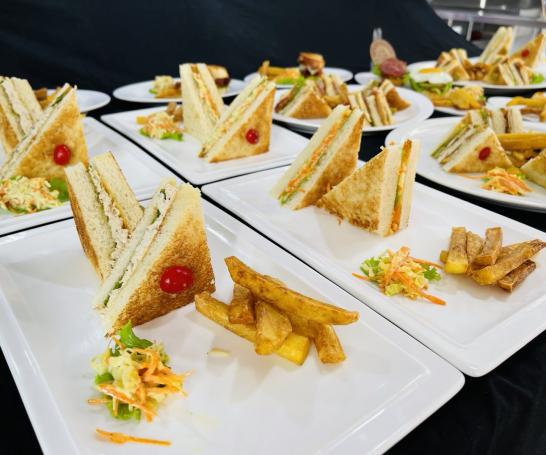

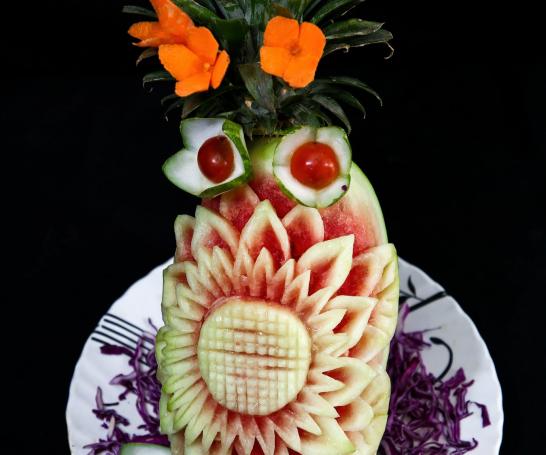
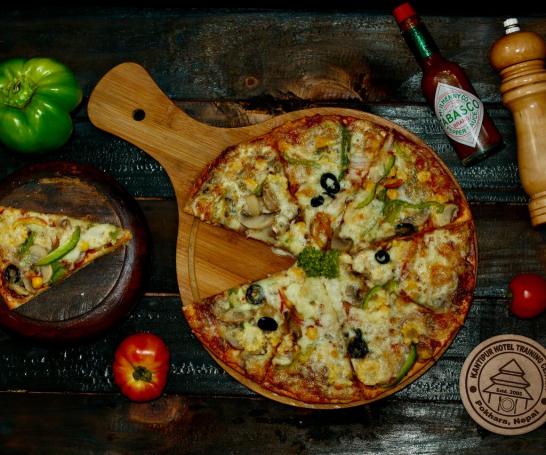
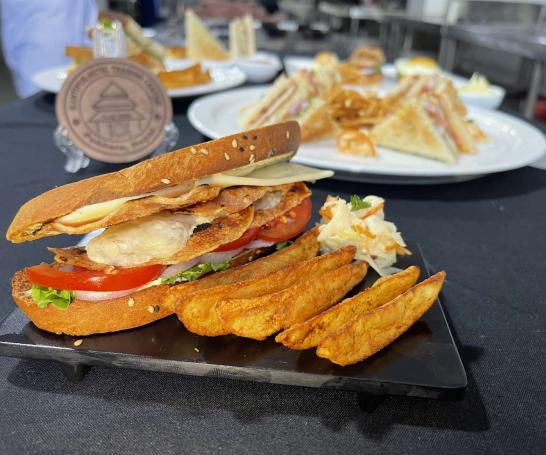
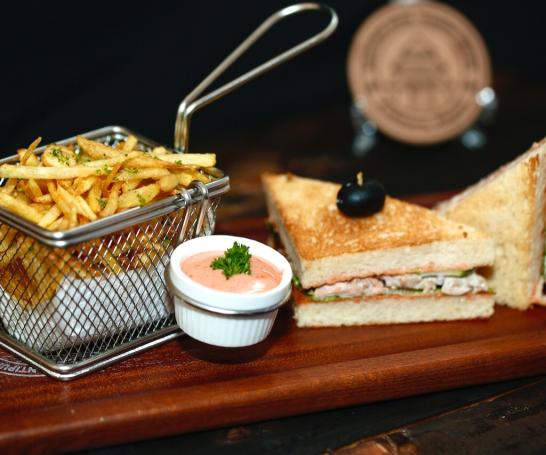
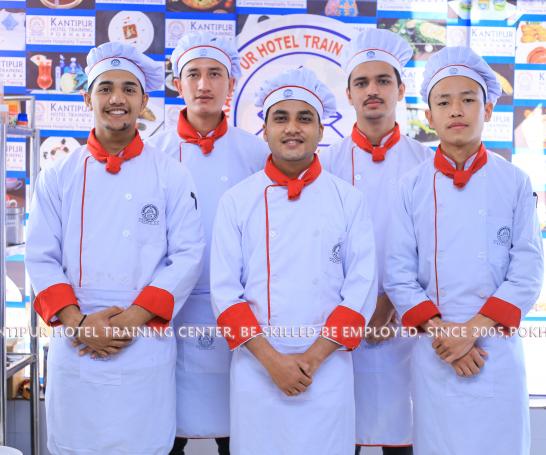
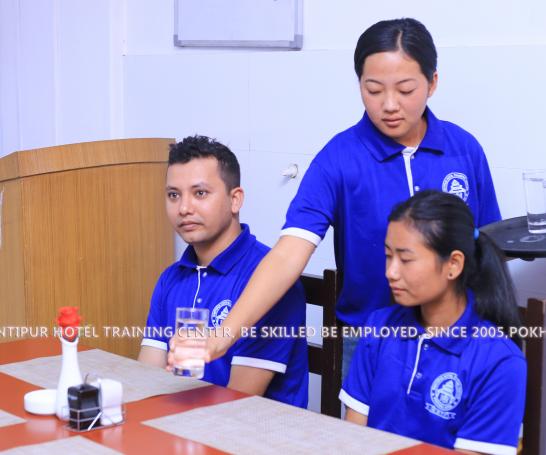
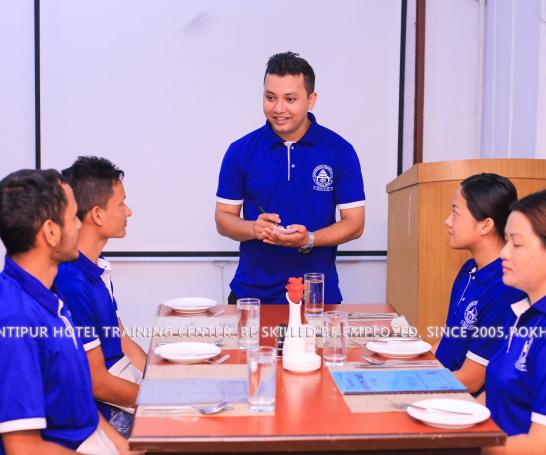
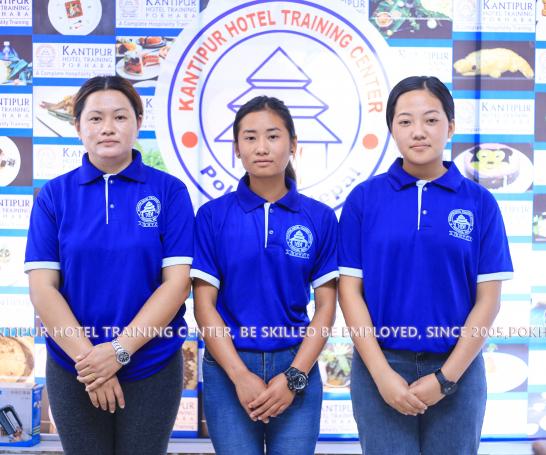
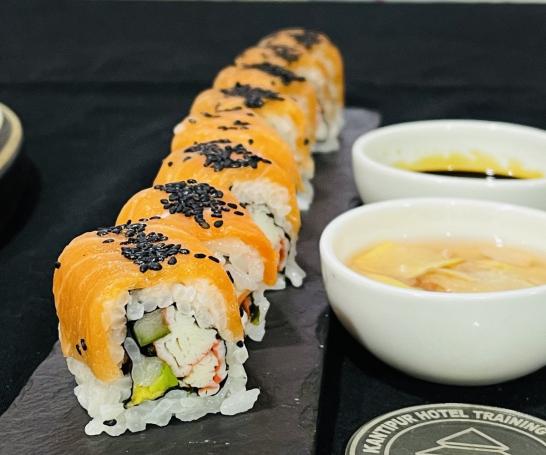
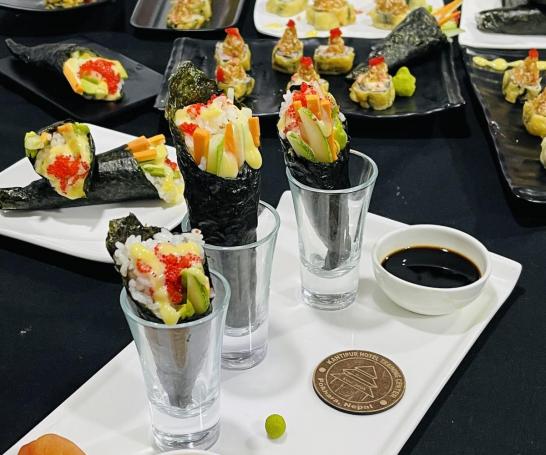
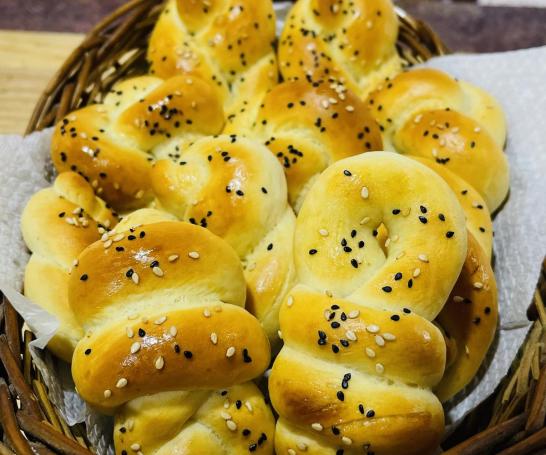
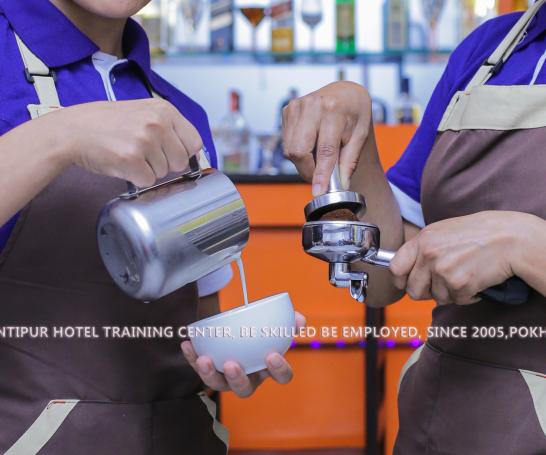
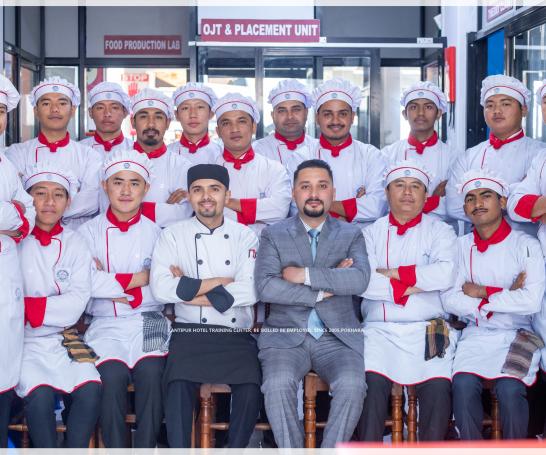
The Advanced Cooking and Baking Course in Pokhara offers a comprehensive education that combines audio-visual theory sessions with high-quality practical training, utilizing modern tools and equipment. Emphasizing exquisite plating techniques, the course adheres to an international curriculum, preparing students for successful careers both nationally and internationally. This program is designed to elevate culinary skills to professional standards, ensuring graduates are well-equipped to excel in the global cookery industry.
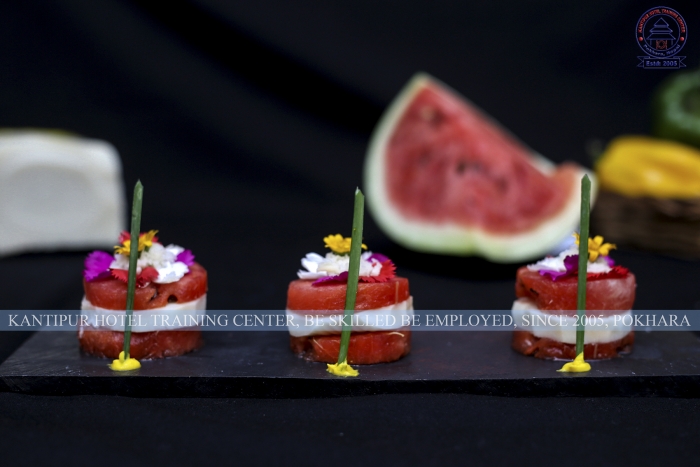
Diploma Course in Cookery (Specialization)
Course Duration: 6 months
Class Duration: 4 hours per day
Course Structure:
Introduction to Catering and Hotel Industry
Introduction to Catering: History, Classification, Origin
History, Development, and Classification of Hotels
Kitchen Management: Definition and Types of Kitchens
Kitchen Planning and Layout: Hierarchy of Kitchen Department
Technical Culinary Terms
Food Safety and Hygiene
Food Poisoning: Bacteria and Prevention
Cross Contamination
Rules of Food Processing
Hygiene and HACCP (Hazard Analysis and Critical Control Points)
Health and Safety in the Kitchen
Food Commodities and Ingredients
Vegetable, Fruit, Meat, Fish, Poultry, Eggs, Milk, Pasta, and more
Identification of Various Herbs and Spices
Various Cooking Methods: Introduction and Techniques
Food Stocks: Definition and Classification
Sauces and Soups
Sauces: Definition, Mother Sauces, and Derivatives
Soups: Definition and Classification
Accompaniments and Garnishes
Salads and Dressings
Salad Preparation Techniques
Various Types of Dressings
Salad Garnishes
Menu Planning and Classical Menu
Menu Planning: Principles and Techniques
French Classical Menu: Planning and Execution
Menu Engineering
Cooking Techniques and Methods
Cutting Techniques: Handling Different Color Codes and Cutting Boards
Professional Knife Handling
Mise-en-scène and Mise-en-place
Food Production Cycle: Receiving, Storing, Preparing, Cooking, Holding, and Servicing
Specialized Cuisines (Practical Performance)
French Cuisine: History, Techniques, and Recipes
Italian Cuisine: History, Techniques, and Recipes
Mexican Cuisine: History, Techniques, and Recipes
Thai Cuisine: History, Techniques, and Recipes
Indian Cuisine: History, Techniques, and Recipes
Chinese Cuisine: History, Techniques, and Recipes
Japanese Cuisine: History, Techniques, and Recipes
Continental Cuisine: History, Techniques, and Recipes
Nepalese Cuisine: History, Techniques, and Recipes
Baking and Confectionery
Baking Basics: Ingredients, Tools, and Techniques
Advanced Baking Techniques
Confectionery: Chocolates, Pastries, and Desserts
Food Carvings and Presentations
Techniques for Food Carving
Plating and Presentation Skills
Industrial Exposure and Modern Tools
Identification of Modern Tools and Equipment
Importance of Industrial Exposure: Training and Opportunities
Arranging Industrial Training and Schedule Management
Final Project and Viva
Individual or Team Projects: Preparing a Complete Menu
Viva and Communication Skills Assessment
Final Presentation and Evaluation
Weekly Schedule:
Day 1:
Theory: Introduction to the week's topic with audio-visual aids
Demonstration: Chef's demo on the practical aspect of the topic
Day 2:
Practical: Students perform the same recipe/technique demonstrated by the chef
Evaluation: Feedback and corrections by the chef
Daily Breakdown (4 hours):
1 hour: Theory and demonstration
2 hours: Practical hands-on training
1 hour: Discussion, Q&A, and evaluation
Assessment:
Continuous assessment through practical performance
Weekly quizzes and assignments
Final project and viva for comprehensive evaluation
This structured syllabus ensures a systematic and scientific approach to learning, providing students with a thorough understanding of both theoretical and practical aspects of cooking and baking.
A place where we can guarantee 100% job placement.
Our students are being involved at the international market from east Asian to Europe, Australia, America etc. and of others are involving with Nepal as an employee or self-employed.
As this is a true fact that, Everyday more and more youngsters and are bound to be abroad for a good employment in the name of different visas.
when there will be a good skill we can obviously have a better employment within the country.